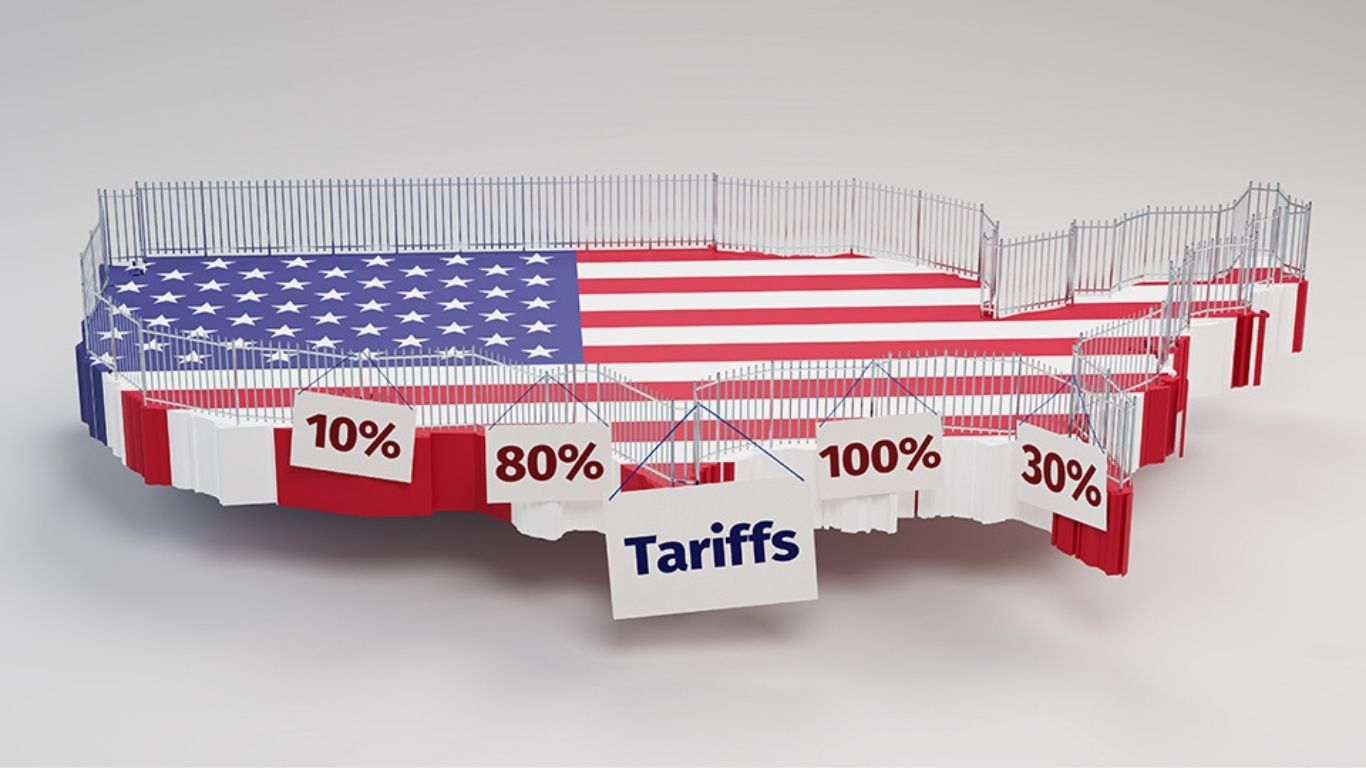A Consumer Rebellion Against Corporate Greed?
For years, Americans have been told that their wallets are powerless—just another drop in the ocean of corporate dominance. But on February 28, a grassroots movement is putting that theory to the test.
Dubbed the “Feb 28 Economic Blackout,” the protest urges consumers to spend absolutely nothing at major retailers for 24 hours. No Amazon. No Walmart. No McDonald’s. Not even a quick coffee from Starbucks. The idea? To remind corporate America who really holds the power in a capitalist system—the buyers.
This movement isn’t coming from a big political machine or well-funded organization. It’s spearheaded by The People’s Union USA, a self-described grassroots group led by John Schwarz, a 57-year-old father from Queens, New York. Schwarz has been sounding the alarm on social media for weeks, calling for economic resistance against what he calls “corporate greed and billionaire favoritism.”
Why Now?
America is no stranger to rising prices. Food, gas, rent—you name it. The cost of eggs alone hit $4.95 a dozen in January, an almost comical symbol of inflation’s chokehold on ordinary people. And yet, corporations continue raking in record profits while workers stretch their paychecks thinner than ever.
“For our entire lives, they’ve told us we have no choice. That we have to accept these insane prices, the corporate greed, the billionaire tax breaks—all while we struggle just to get by,” Schwarz declared in a video posted to Instagram. “February 28, the 24-hour economic blackout: no Amazon, no Walmart, no fast food, no gas. Not a single unnecessary dollar spent. For one day, we are going to finally turn the tables.”
The timing is no accident. Schwarz deliberately chose February 28 to allow time for the movement to gain traction. His goal? To create a ripple effect that forces corporations to take notice.
The Strategy: One Day, No Dollars
According to the official messaging from The People’s Union, the blackout isn’t just about symbolic resistance. It’s about leveraging the one thing that corporations truly care about—money.
For 24 hours, starting at 12 a.m. on February 28 and running until 11:59 p.m., consumers are asked to halt all purchases at major retailers.
“If you have automatic payments linked up to your bank account, of course, we’re not talking about disrupting your life,” Schwarz clarified. “But do not go out and shop at any big, major store—if you have to, go to the local pizza place, the small local boutique.”
The goal isn’t to bankrupt Walmart in a single day, but to send a message: if enough people participate, even a one-day pause in consumer spending can rattle the system.
Will It Work?
This isn’t the first time a consumer boycott has been attempted. Historically, large-scale boycotts have had mixed success. Consumer spending drives nearly 70% of the U.S. economy, according to the Federal Reserve Bank of St. Louis. But is one day of financial silence enough to shake corporate giants?
Skeptics argue that a one-day boycott won’t dent the bottom lines of billion-dollar companies. “A lot of people dismiss the idea, arguing that a one-day spending freeze won’t move the needle for major corporations or the broader financial system. And I agree—it’ll likely have a minimal direct impact,” said Kevin Thompson, CEO of 9i Capital Group, in an interview with Newsweek.
But that’s not the whole story. If the Feb 28 protest gains traction, it could serve as a launchpad for larger, more sustained actions. The People’s Union is already planning a week-long Amazon boycott from March 7-14, targeting one of the most powerful corporations on the planet.
Celebrity Endorsements and Growing Momentum
Schwarz’s message has caught the attention of some high-profile names. Celebrities like John Leguizamo, Stephen King, and Bette Midler have shared information about the blackout, amplifying the movement to their millions of followers.
In a digital landscape where trends rise and fall in hours, celebrity backing can be a game-changer. But will social media support translate to real-world action?
A Protest Rooted in Frustration
At its core, the Feb 28 Economic Blackout is about frustration—the kind that bubbles over after years of feeling powerless in a system designed to serve the wealthy. It’s a response to the growing economic divide, to stagnant wages, to soaring corporate profits built on the backs of struggling consumers.
The protest may not cripple corporations overnight, but it’s a declaration of intent. A warning shot. And perhaps, the start of something bigger.
“If a million people on the 28th do not spend a dime, you might not think out of 360 million people in this country that’s a lot, but a million people all on one day not spending their money—that is a hit,” Schwarz insists.
He might be right. Or he might be another voice shouting into the void of consumer activism. Either way, come February 28, the real test begins.
Will you keep your wallet closed for a day?




